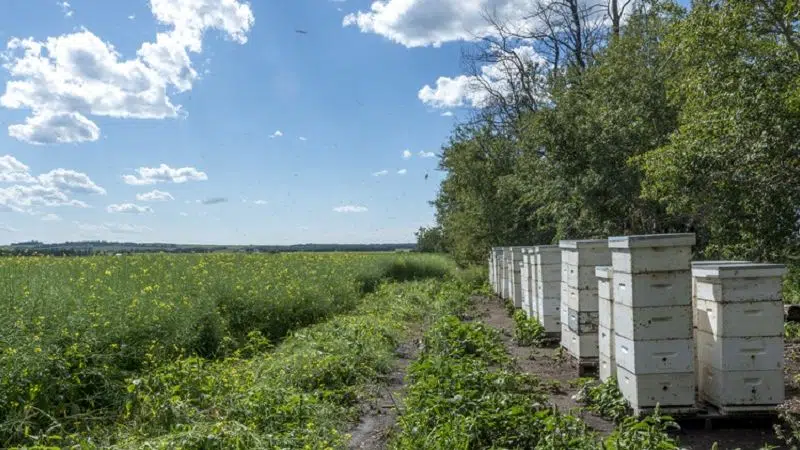
Foreign workers crucial to bee farms
There were a lot of very happy beekeepers at the Saskatoon airport on Monday afternoon.
The Canadian Honey Council chartered a plane from Nicaragua that held 48 temporary foreign workers destined for 16 bee farms in Saskatchewan. The flight also included 39 repatriated Canadians.
Jake Berg and his business partner Stacey Zosel have owned and operated SJ Beez for about 15 years. Three of those foreign workers are at their bee farm north of Melfort following the strict 14-day quarantine requirements.
The federal government announced $50 million on Monday for farmers, fish harvesters and employers in food production. Under the program, employers are eligible for $1,500 per foreign worker to help cover the costs of complying with a mandatory two-week quarantine when they arrival in Canada.

